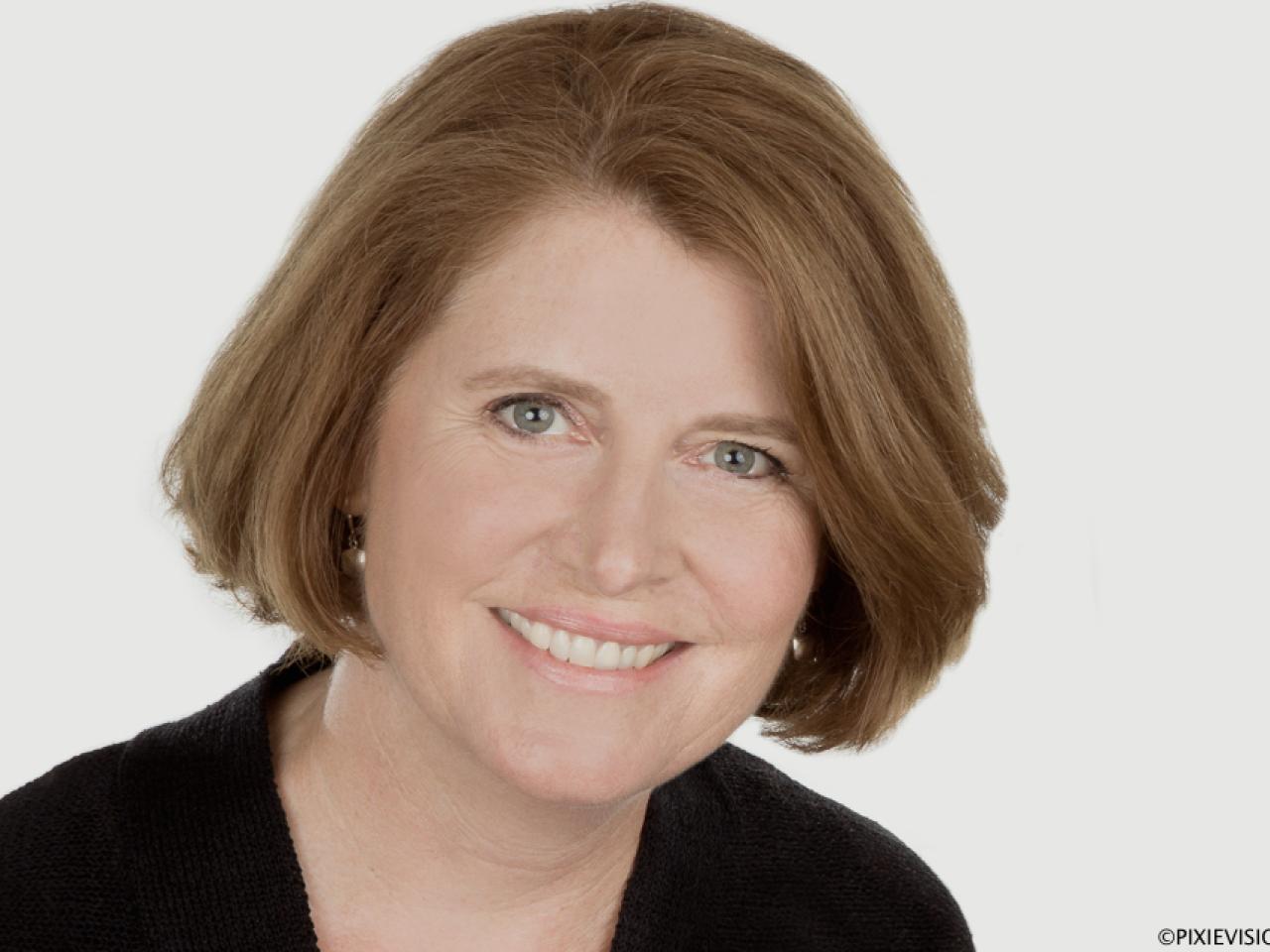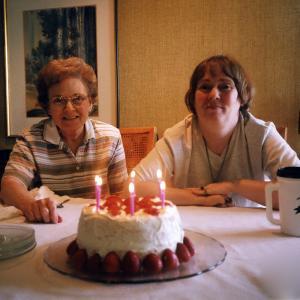Meet New Day: Sophie Sartain

I am a writer and filmmaker based in Los Angeles.
My film Mimi And Dona is a personal documentary about my grandmother Mimi and my aunt Dona, who was diagnosed with an intellectual disability as a child and lived with my grandmother her entire life. When Mimi was 92, she finally admitted that she could no longer care for Dona, then age 64. This set in motion the events chronicled in Mimi And Dona. When I first went to Dallas to film Mimi and Dona, I wasn’t sure if I was making a home movie, or a larger film. I mainly wanted to capture their life together. They were sweet and quirky Texas characters. My brothers and I often wondered if Dona could have lived a more independent and potentially “bigger” life away from home; on the other hand, she and Mimi were happy. They had a lot of fun together and were close companions for decades. We wondered if a move away from Mimi was the right thing for Dona. Would Mimi fall apart without her? Back in Los Angeles, whenever I told people about Mimi and Dona's situation, they would chime in that they knew someone in the same predicament—a cousin, a neighbor or a friend's sibling, some with developmental disabilities, others with mental illnesses, all struggling to find appropriate care and housing for a loved one. This was an untold story happening all around us, with aging caregivers like my grandmother facing agonizing decisions, often with little support or guidance.

The response to Mimi And Dona has been amazing. After a national broadcast on PBS’s Independent Lens, it was named “One of the Best TV Shows of 2015” by Neil Genzlinger of The New York Times, who called it a “beautiful portrait of parental commitment.” Viewers identify with the characters and say that the film stays with them long after they watch it. Equally gratifying has been the response from professionals who work with people with intellectual and developmental disabilities. They appreciate the film’s intimate and honest look at the dynamics within a family, something they don’t normally see if they interact with individuals outside the home. They are also grateful for the film shining a spotlight on an issue they come across frequently in their work – finding appropriate care and housing for a vulnerable population that is aging, right along with their caregivers. Learn more about Sophie’s work.